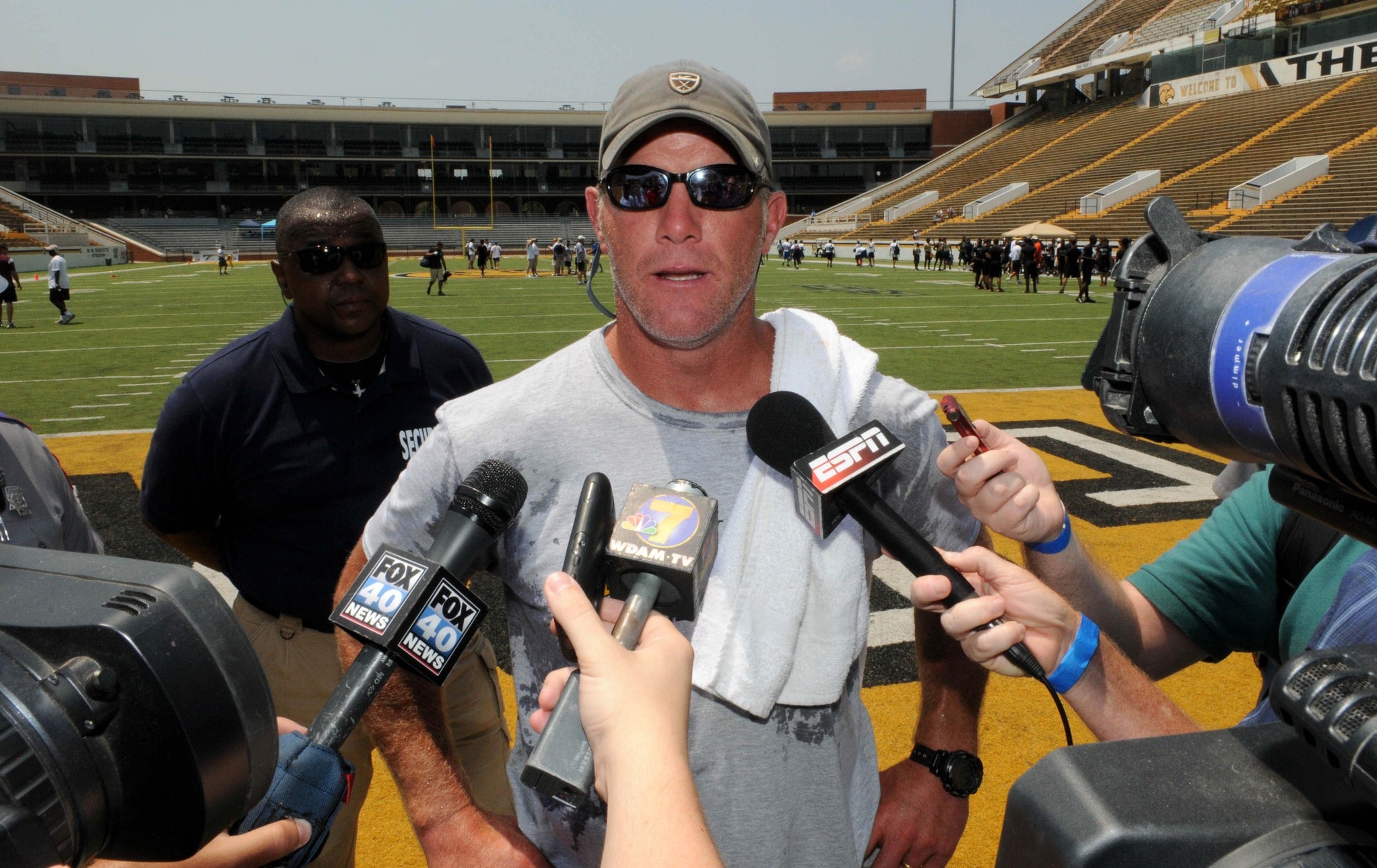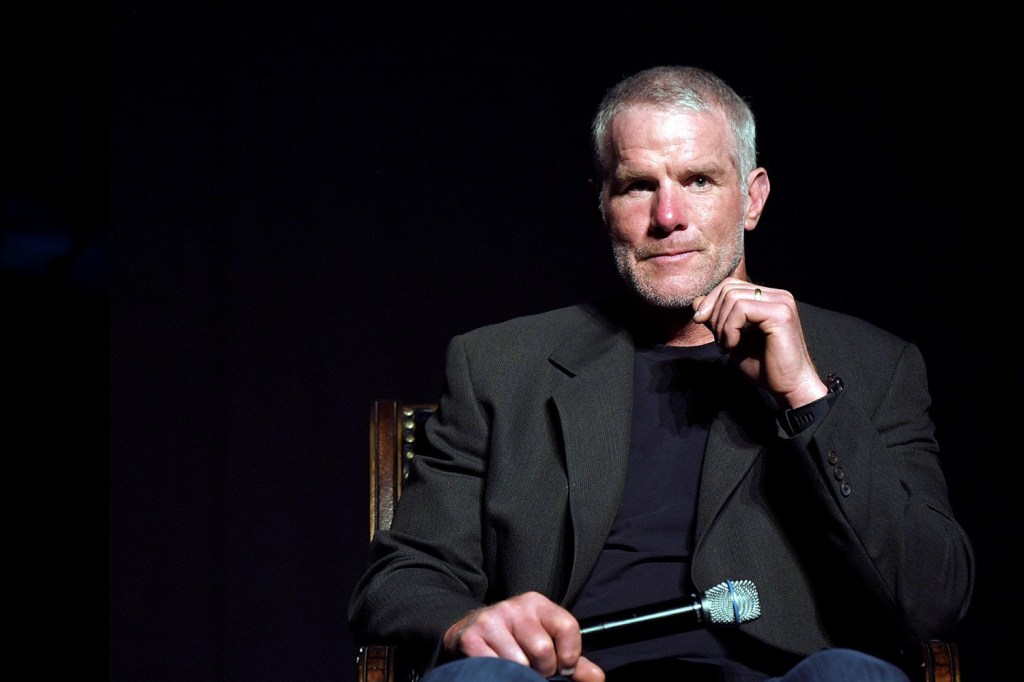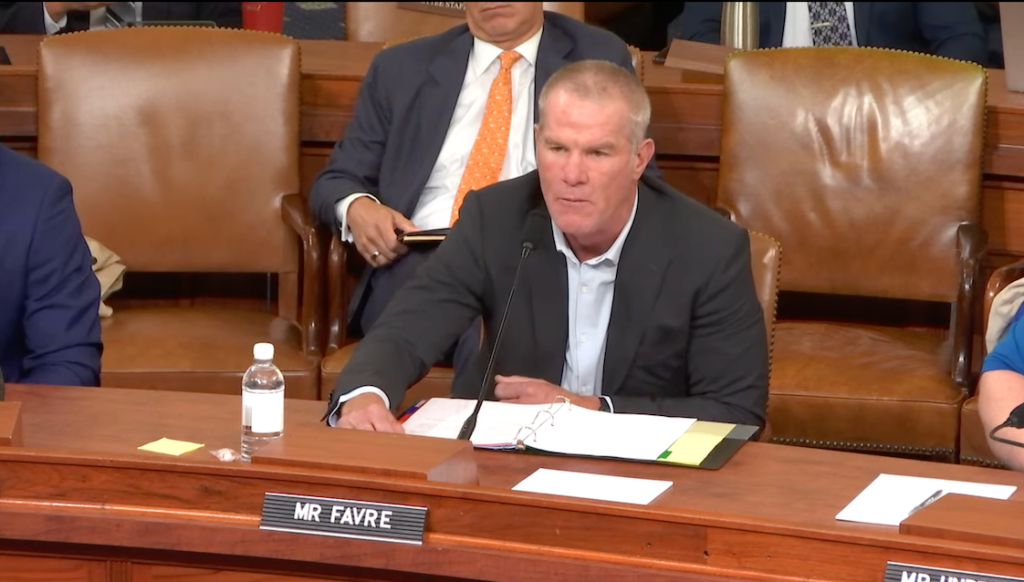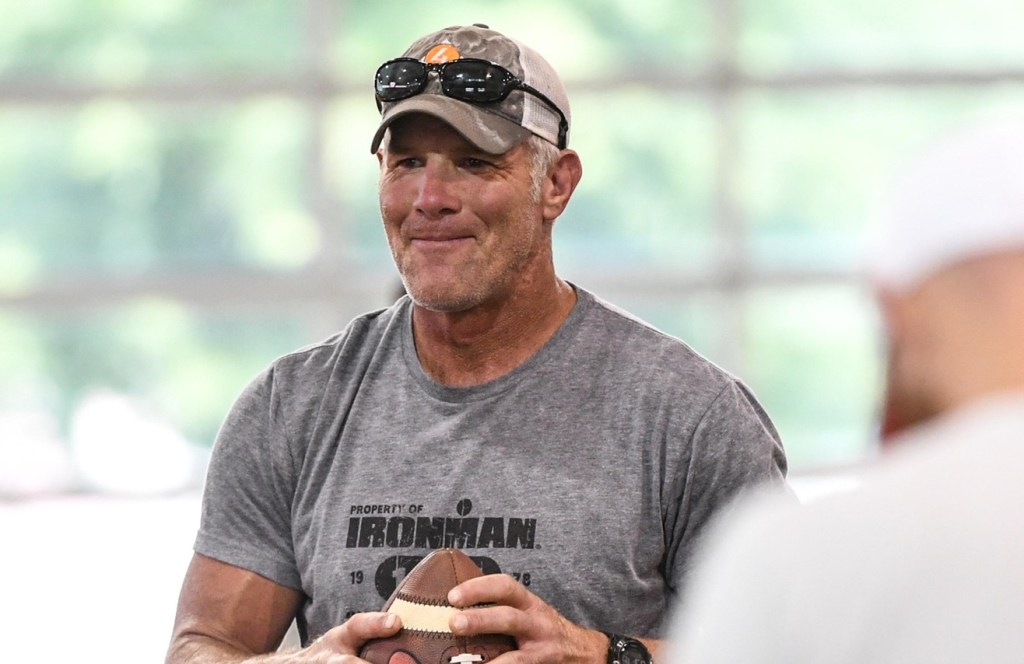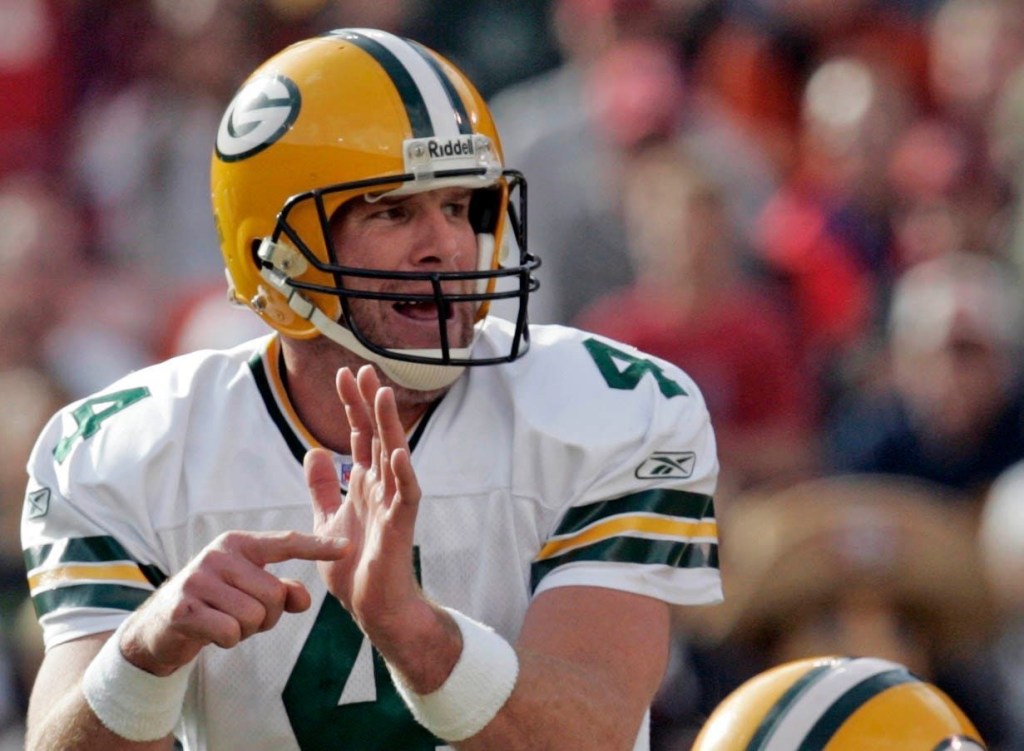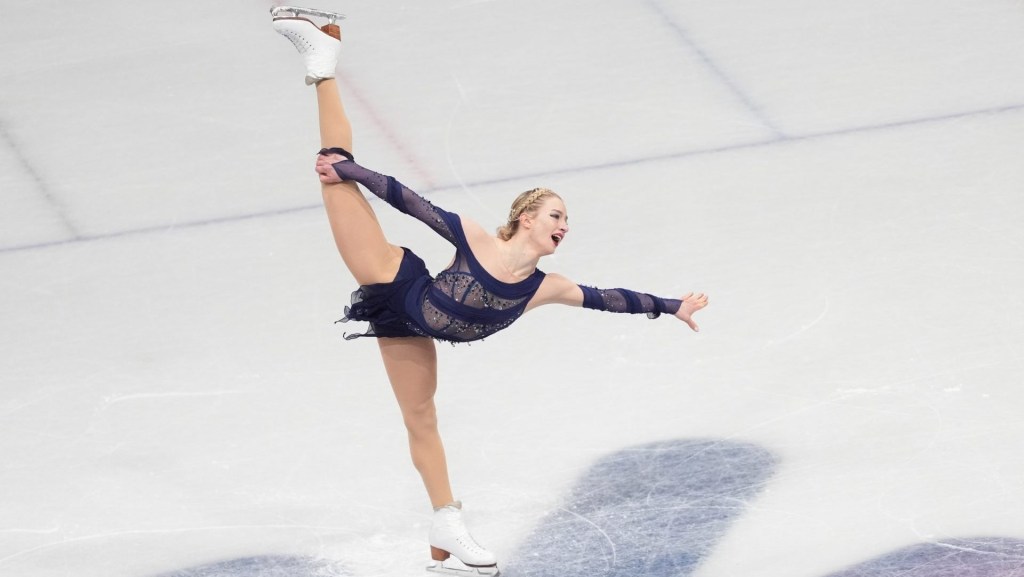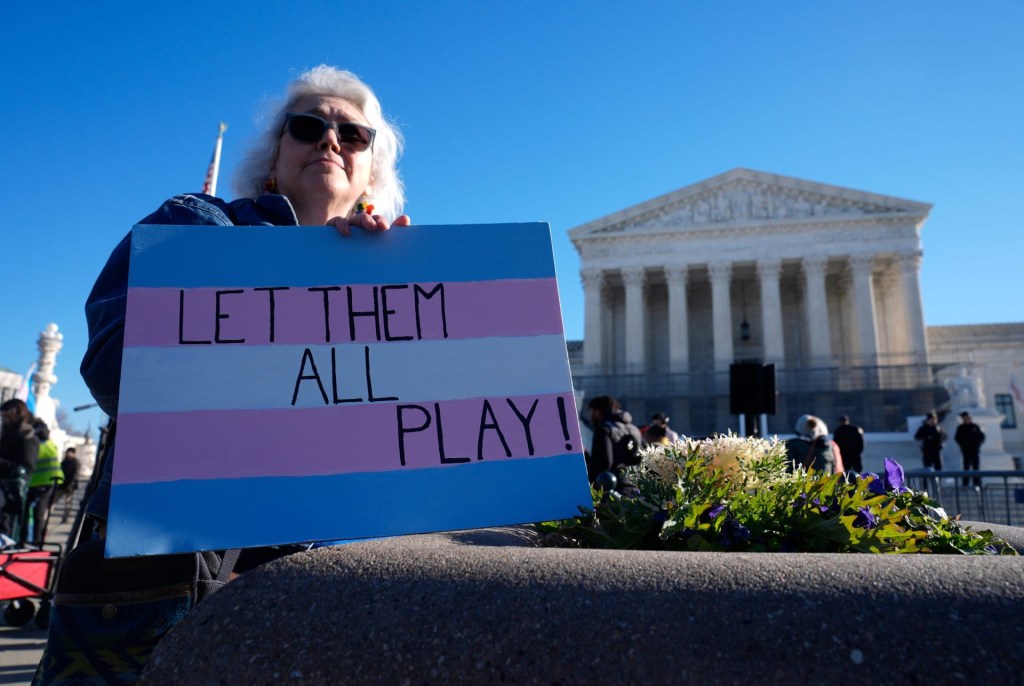Brett Favre has refused to turn over his tax returns or much else, and lawyers for the Mississippi Department of Human Services again requested a judge compel the Hall of Famer to comply with the subpoenas issued in the civil case.
“MDHS has propounded a total of twenty-seven requests for production to Favre,” MDHS lawyers wrote in the Monday filing. “Favre has raised multiple objections to every request.”
The subpoenas seek texts and emails Favre exchanged with others who were part of an alleged scheme — including those indicted on state and federal charges — that led to millions of misappropriated welfare funds.
The tax filings requested by MDHS connect Favre to about $8 million allegedly sourced from Temporary Assistance for Needy Families (TANF) funds between 2017 and 2020.
Favre has denied he knew the source of the money was from TANF funds. Favre is among more than 40 civil case defendants seeking to recoup millions in the largest public corruption scandal in Mississippi history.
Favre has not been charged criminally.
About $5 million of TANF funds went to a volleyball center at the University of Southern Mississippi, and texts allegedly show Favre’s efforts on the project.
“Favre’s tax returns are relevant and probative to both MDHS’s claims and Favre’s defenses,” MDHS lawyers wrote. “MDHS and Favre dispute whether Favre agreed to fund the construction of the volleyball facility prior to his signing a written pledge. The amounts Favre paid towards the construction of the facility — which presumably would be reflected on his tax returns — are relevant to that dispute. The tax return also may contain relevant information regarding payments Favre made to or received from any defendant.”
Favre objected to handing over those tax returns, claiming the request is “overly broad, unduly burdensome and harassing,” according to the filing.
In a July 2019 text to then-Mississippi Gov. Phil Bryant, Favre wrote that he “paid for 3/4 of Vball facility.” The facility ultimately cost more than $6 million.
In response to MDHS lawyers, Favre denied that “he calculated that he paid 75% of the cost of construction,” according to the filing.
“Favre’s response to the … does not make sense in light of his text message, and he offers no explanation,” MDHS lawyers wrote. “Favre’s response is unclear on whether he is claiming he based his representation to Governor Bryant on someone else’s calculation, or denying he sent the text message, or taking issue with some way that the [request] is worded.”
MDHS also highlighted Favre’s lack of responses regarding Prevacus, a pharmaceutical company that received $1.7 million in TANF funds. Favre was the biggest investor in Prevacus, which developed two concussion-related products that never made it to market.
In one of the few documents that Favre submitted, MDSH lawyers wrote that “redactions often made it impossible to identify the sender and/or the recipient of the document.”
No trial date in the case has been set, and Favre is scheduled to be deposed on Dec. 11.
